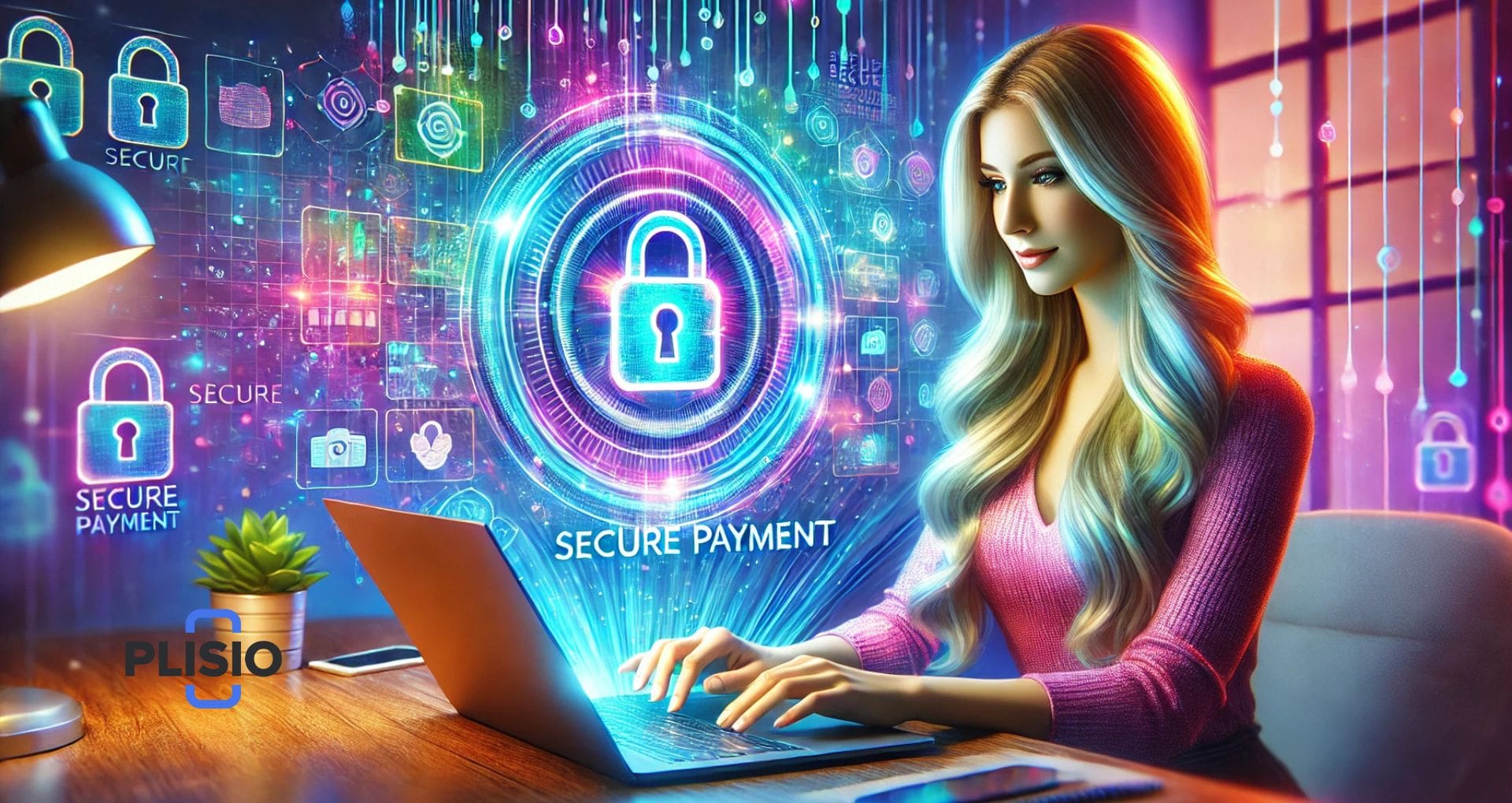Personal Data Protection in Online Transactions

Imagine waking up to find that your online financial account has been compromised, with unauthorized transactions depleting your funds. Unfortunately, this scenario is becoming increasingly common as cybercriminals develop more sophisticated hacking techniques. According to a report by Cybersecurity Ventures, cybercrime is expected to cost the world $10.5 trillion annually by 2025, highlighting the urgent need for stronger security measures. As online financial asset transactions become more prevalent, users enjoy greater convenience, but this also underscores the critical need for personal data protection. With the cryptocurrency market's rapid growth, security concerns such as data breaches are drawing more attention than ever before.
Protecting personal information is crucial for preventing financial fraud and hacking. Following basic security guidelines can significantly reduce risks. To ensure a secure online financial environment, users must remain vigilant and take appropriate security measures.
Essential Personal Data Protection Practices
Personal data protection is one of the most critical security aspects of online transactions. To enhance security, users should regularly update their passwords to minimize exposure risks and enable two-factor authentication (2FA) for additional identity verification.
Phishing scams are becoming increasingly sophisticated, using convincing emails and fake websites to deceive users. Reports indicate that phishing attacks increased by 61% in 2023 alone, with financial institutions being the most targeted sector. Therefore, it is essential to verify the sender before clicking on links in unsolicited emails or messages. When entering banking or credit card details online, users should check for security certifications and always access official websites directly to ensure safe transactions. Additionally, avoiding the use of public and unsecured internet connections can help maintain security.
When dealing with digital assets, users may overlook personal data protection due to the anonymity associated with such transactions. While Bitcoin and other anonymous wallets employ advanced encryption, multi-signature, and biometric authentication for maximum security, proper digital wallet address management is still crucial. Reusing addresses can expose transaction history, so utilizing features that generate a new address for each transaction is recommended. Moreover, users should avoid digital currencies from unknown sources. Studies show that 30% of illicit cryptocurrency transactions involve funds from unidentified sources, making it essential to verify transaction legitimacy. If an unfamiliar coin is received, it is safest to report it to the exchange or refrain from using it to prevent potential security risks.
Growing Emphasis on Data Protection in a Changing Digital Landscape
With the rapid advancements in artificial intelligence and big data, the need for personal data protection is more critical than ever. Recently, the Chinese generative AI application DeepSeek faced allegations of data breaches, reinforcing these concerns. The Personal Information Protection Commission raised issues with DeepSeek’s excessive data handling practices, leading to its suspension on February 15, 2025. Consequently, the app was removed from Apple and Google stores, and while existing users could continue using it, they were warned about potential privacy risks.
An investigation revealed that DeepSeek shared user data with ByteDance, the parent company of TikTok. This marked the second case of a nationwide app ban, following Italy’s previous restrictions. As of late January, DeepSeek had 1.21 million weekly active users, ranking second only to ChatGPT (4.93 million users). However, DeepSeek had been indiscriminately collecting users’ birthdates, names, emails, IP addresses, written content, voice recordings, photos, and files. It even analyzed keystroke speed and rhythm, raising serious concerns about password security.
DeepSeek has pledged to revise its policies to comply with local data protection laws before considering service resumption. Since its launch, DeepSeek had faced criticism for weak privacy policies, making this outcome somewhat expected. In response, the government plans to establish guidelines for foreign AI developers to comply with before launching services domestically, aiming to prevent similar cases in the future. Authorities have urged existing DeepSeek users to exercise caution regarding their data privacy.
Digital Ethics: Responsibilities of Individuals, Businesses, and Society
In today’s world, individuals rely on the internet, social media, and smart devices for financial transactions and various services. However, as personal information is increasingly shared and collected, protecting it and ensuring ethical data usage have become crucial. Digital ethics refers to the moral values and principles governing the development and use of technology.
Individuals must prevent data leaks and unauthorized sharing, while companies should maintain transparency in data processing. Research shows that 92% of consumers feel that businesses must be more proactive in protecting their data. Organizations should avoid unnecessary third-party data sharing and prioritize ethical data utilization. Society, in turn, should implement mandatory data protection education and promote proper online communication practices while supporting policy initiatives.
Digital ethics and personal data protection are fundamental not only in online financial asset transactions but also in modern society. When individuals, businesses, and governments fulfill their respective roles and responsibilities, a safer and more trustworthy digital environment can be achieved.
Conclusion
As the digital landscape continues to evolve, personal data protection remains a cornerstone of cybersecurity. The responsibility lies with everyone—users, businesses, and policymakers—to implement best practices and foster an environment of trust and security. By adopting proactive security measures and upholding digital ethics, we can ensure that online financial transactions remain safe, reliable, and resilient against emerging threats.
A report from IBM Security indicates that the average cost of a data breach reached $4.45 million in 2023, the highest on record. This highlights the financial impact of poor cybersecurity practices. Your online security is only as strong as the measures you take to protect it. Stay informed, stay cautious, and take control of your digital privacy today.
